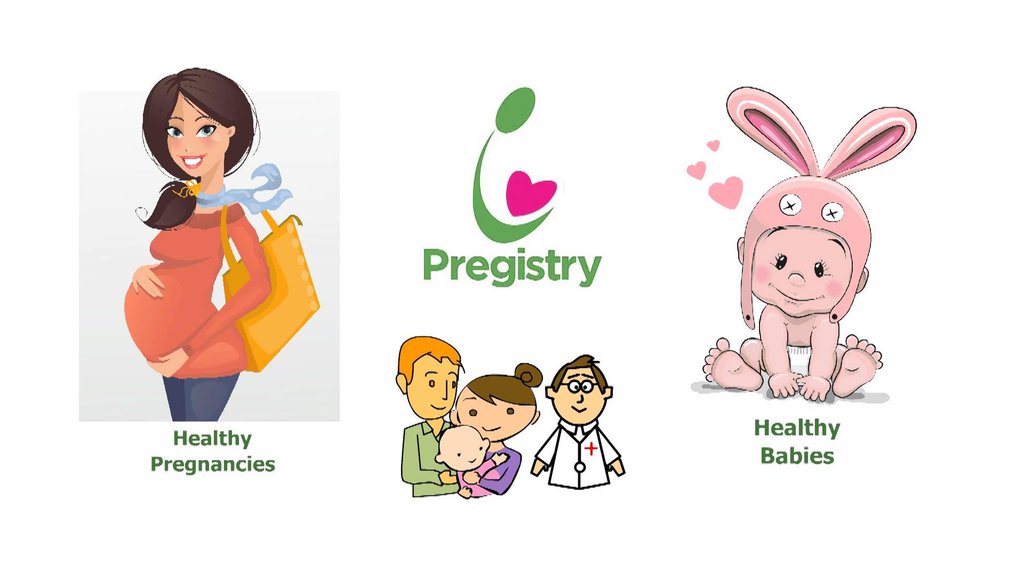Overall, the risk of stillbirth is low, with 1% of all pregnancies being affected. However, some women are at higher risk, including older women.
In an analysis of more than 5 million singleton deliveries, the factors that were found to be significantly associated with stillbirth are:
- Advanced maternal age (age groups: 35–39 years; 40 years and older)
- Smoking
- Obesity
- A previous small-for-gestational-age baby
- Twins or triplet pregnancy
- Black race
- Nulliparity (this is the first pregnancy)
Another large analysis which evaluated 6,239,399 singleton pregnancies found that, when compared to a group of women aged 25–29 years with the lowest risk, the chance of stillbirth was significantly increased in women aged 30–34 years, 35–39 years and, especially, in women aged 40–45 years. The researchers also found that the risk of stillbirth for women aged 40–44 years at 39 weeks is similar to women aged 25–29 years at 42 weeks.
Currently, it is unknown why the risk of stillbirth is increased in older women. A meta-analysis suggested that it may be due to greater risk of uterus or placental insufficiency caused by aging blood vessels.3 However, this should lead to increased rates of intrauterine growth restriction in older mothers and another study found that this does not appear to be the case.
Another risk factor for stillbirth is gestational age. In a study of almost 4 million deliveries, the risk of a stillbirth went up from 2.1 per 10,000 ongoing pregnancies in women who delivered at 37 weeks gestation to 10.8 per 10,000 ongoing pregnancies in women who delivered at 42 weeks.
What can I do if I am at risk?
If you are an older mother and are worried about the risk of stillbirth, talk to your doctor about being induced either a few weeks earlier than or on your estimated due date.
Results from a large study of 770,926 babies conducted by researchers at the University of Copenhagen have suggested that induction at 37 weeks may reduce the risk of not only stillbirth but also asphyxia and cerebral palsy. The study was carried out over 13 years (2000–2012). Since 2009, Denmark has had a more proactive policy with respect to birth induction, with around a quarter of women who are beyond 37 weeks being induced. Overall, the number of stillbirths was halved over this period. Additionally, newborn asphyxia and cerebral palsy were also decreased by 23 percent and 43 percent, respectively, and the proportion of babies born weighing more than 4500g (macrosomia) decreased by around a third.
Another paper published by experts from the Royal College of Obstetricians and Gynaecologists in the UK included a number of studies that identified the link between gestation and maternal age, and risk of stillbirth or other adverse outcomes. The experts concluded induction of labor in older women at term may reduce the risk of stillbirth and neonatal complications.
For mothers who are past their due date, you have probably already been recommended an induction if your doctor is following guidelines. The American College of Obstetricians and Gynecologists state that ’Induction of labor between 41 0/7 and 42 0/7 weeks can be considered” and “Induction of labor after 42 0/7 weeks and by 42 6/7 weeks of gestation is recommended, given evidence of an increase in perinatal morbidity and mortality’. There are many anecdotes circulating on the Internet telling women that going past your due date is fine and, in most cases, it is. However, is it worth taking this small but serious risk? Another advantage associated with an induction is that you are more likely to avoid a Cesarean section. In a study conducted at the Oregon Health & Science University, the odds of needing a C-section were halved in women who had previously had a baby and were also reduced, albeit to a lesser degree, in women for whom this was their first pregnancy.
As well as for prevention of stillbirth, induction can also be performed due to pregnancy complications such as presence of an infection, low levels of amniotic fluid, and pre-eclampsia.



